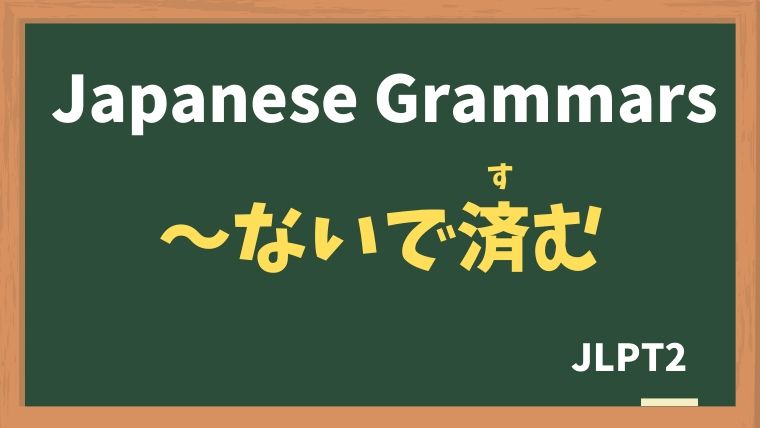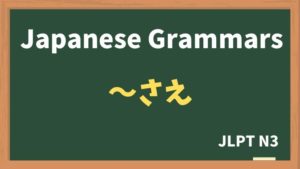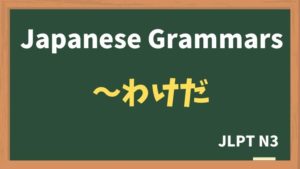
Explanation:〜ないで済む / 〜ずに済む
fa-check-circleMeaning
"〜しなくてもいい"
Used to indicate that someone is able to avoid an undesirable action or outcome, or that something has been resolved without needing to do something.
fa-check-circleForm
V(nai-form)+ で済む
V(nai-form)ない +ずに済む
fa-check-circlePoints
- Avoidance of an Action: These phrases are used to express relief that something didn’t need to happen or was avoided.
- Slight Difference in Formality: "〜ずに済む" is more formal than "〜ないで済む," but their meanings are almost the same.
fa-check-circleJLPT Level
N2
Sample sentenes
お店のお皿を割ってしまったが、必死に謝ったらお金を払わずに済みました。
I broke a plate at the store, but after desperately apologizing, I didn't have to pay for it.
トムさんが車で駅まで送ってくれたので、歩かずに済みました。
Since Tom drove me to the station, I didn't have to walk.
遅刻してしまったが、きちんと理由を説明したら、怒られずに済みました。
I was late, but after properly explaining the reason, I didn't get scolded.
先輩が参考書をくれたので、買わずに済みました。
A senior gave me a reference book, so I didn't have to buy one.
今日は涼しかったので、エアコンをつけずに済みました。
It was cool today, so I didn't have to turn on the air conditioner.
電車に間に合ったので、タクシーに乗らないで済んだ。
I made it to the train, so I didn’t need to take a taxi.
Vocabulary
| Japanese |
English | |
| 必死に | ひっしに | desperately |
| 謝る | あやまる | to apologize |
| 説明する | せつめいする | to explain |
| 参考書 | さんこうしょ | reference book / textbook |
| 涼しい | すずしい | cool |






